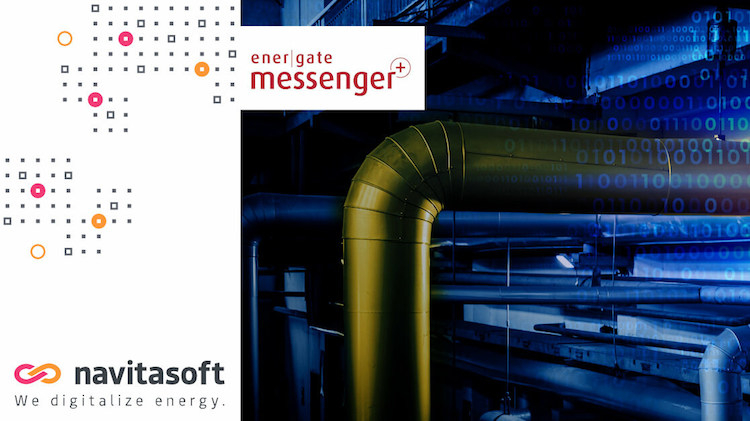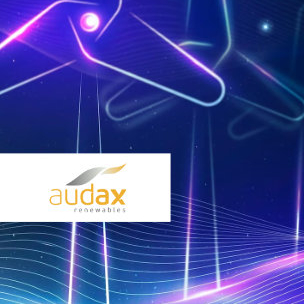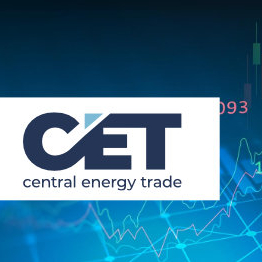
Zurich (energate) - The need for flexible solutions for gas market integration is the key lesson from Baltic market area consolidation. Kornel Balogh, who is responsible for business development at IT provider Navitasoft, is convinced of this. Navitasoft develops software applications for infrastructure operators and traders in the electricity and gas market. The service provider with headquarters in Hungary is strongly represented in many Central and Eastern European countries.
Among other projects, Navitasoft has developed the software for the merger of the Latvian and Estonian gas markets. Apart from the merger of Belgium and Luxembourg as well as Denmark and Sweden, which took place under special conditions, it is the only cross-border market area merger in the EU to date. The Finnish gas market is also already partially integrated into this market area. The Baltic market area could become more important if the Lithuanian gas market is also included. Lithuania has a small, floating LNG import terminal, and work is also underway on a bidirectional pipeline between Poland and Lithuania. The Gas Interconnector Poland-Lithuania (GIPL) is expected to come on stream at the end of 2021 (energate reported). The Lithuanian transmission system operator (TSO) Amber Grid will also use the Navitasoft platform.
Learning from experience in the Baltics
Balogh believes that Western European TSOs and regulators can also learn from the experience in the Baltic States - from both the technical and regulatory points of view - for future market area mergers and the necessary development of IT platforms. "The IT systems for the Baltic market integration are highly modular and message-oriented," explains Balogh. In the project with Amber Grid, Navitasoft is developing the entire architecture, but the Lithuanian TSO could use completely different systems for the individual modules in the future. Such a flexible structure is necessary in the Baltic States because in the future common market area, four back-end systems of the individual TSOs must be integrated into the common market area platform.
The situation was also different from a regulatory point of view because the four TSOs would have to negotiate new regulations together with four regulatory authorities and coordinate all activities directly, and the commercial processes would not be shifted to a single market area manager. From a technical point of view, the IT provider has basically created a kind of umbrella system for the participating TSOs in the Baltic States, through which processes are coordinated. This is very flexible and allows, for example, hourly nomination at the Lithuanian-Polish border to be integrated into the system of daily nomination within the Baltic markets, both technically and in terms of regulation. Lithuania is not yet part of the Baltic market area, but will possibly join in 2022.
Market integration will also grow in western Europe
According to Balogh, market integration based on cooperation between TSOs will also play a greater role in Western Europe in the future. In Western Europe, implicit capacity allocation like that agreed between the Baltic states in 2016 in order to avoid capacity bookings and the establishment of a booking platform, could also become more important in the future. It is also currently taking place between Lithuania and the Latvian-Estonian market area. For Balogh, this is also another example of the need for flexibility in market integration: "There are different options on how to organize capacity allocation at the external borders of market areas," he explains. There are three possible booking platforms and implicit allocations as another option. Systems must be open to all options.
This article was written by Heiko Lohmann and published on October 21, 2020, in energate messenger. The original article (in German, subscription required) can be found on their website. © 2020 energate gmbh




